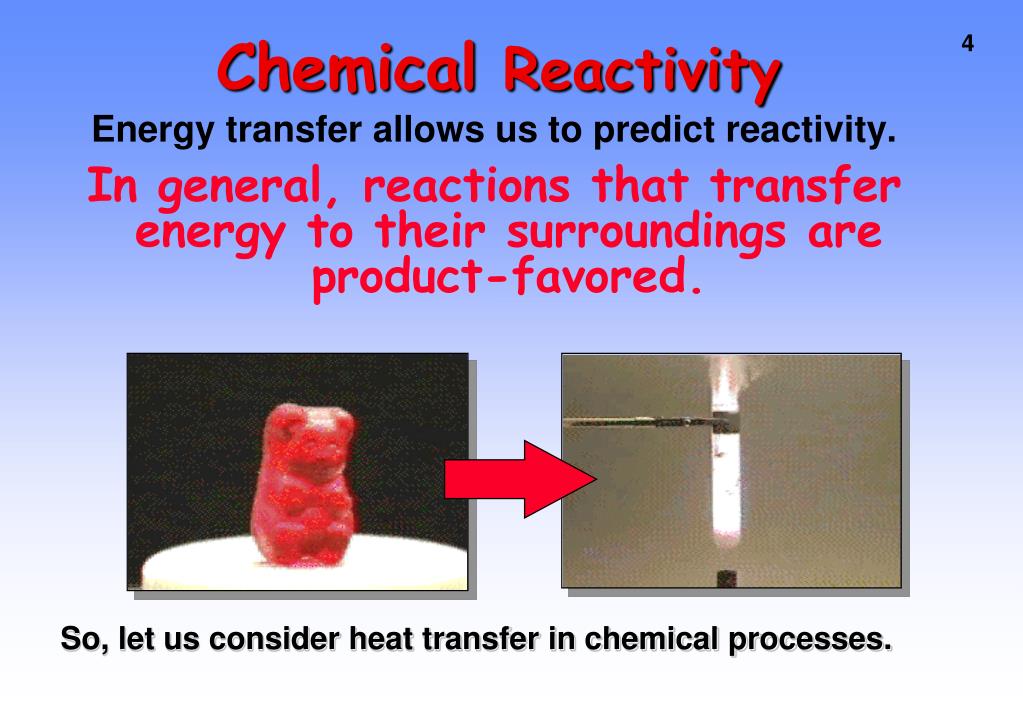


In a scientific experiment, the researchers must be extremely careful not to let the participants know what they expect the study to show. Scientists see this as an attempt to overcome what the control group participants see as a disadvantage-that nothing interesting will happen in their group. They compare their behavior to what those in the experimental group are doing and how they’re reacting. It also happens in research studies, but in this situation, the participants affected change their behavior because they know they're in the control group. The John Henry effect is a special case of the Hawthorne effect. When an experimenter singled someone out and gave them attention, they worked harder and performed better. This effect was named for the Hawthorne Works Plant, where researchers conducted a study on productivity. The experimenters pay close attention to them, and they change the way they behave as a result.

The Hawthorne effect happens during research studies when the people participating know they're being studied. The person being observed may change their behavior based on their understanding of what the observer expects.īeyond the basic definition, scientists have identified several distinct types of reactivity. Their behavior might become more positive or negative, depending on the situation and the people involved. Reactivity is a psychological phenomenon that happens when someone changes the way they behave because they know they're being observed. Book A Session With A Therapist To Learn More


 0 kommentar(er)
0 kommentar(er)
